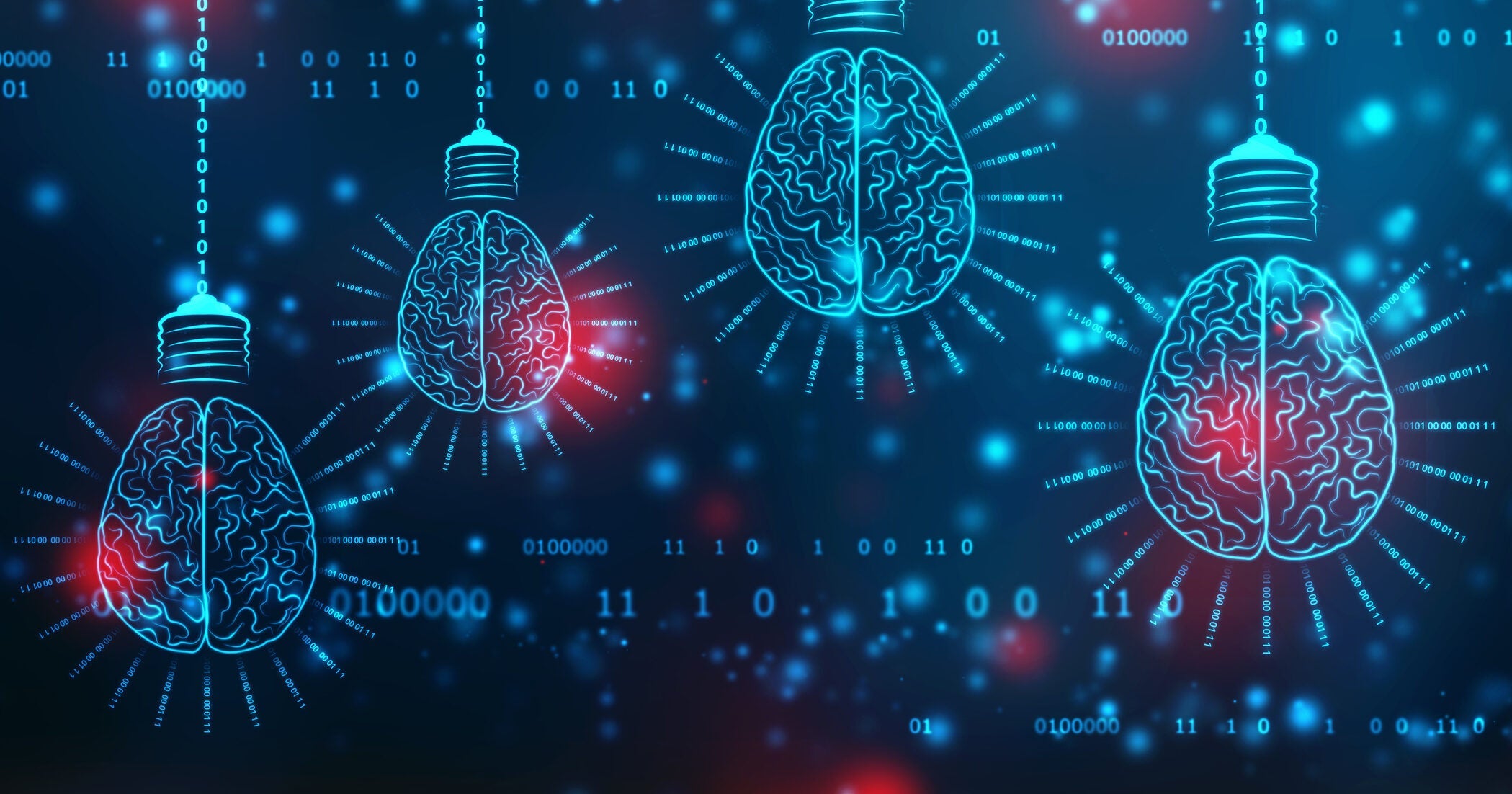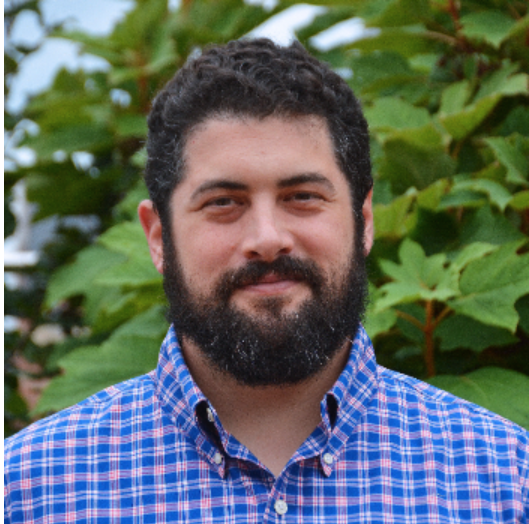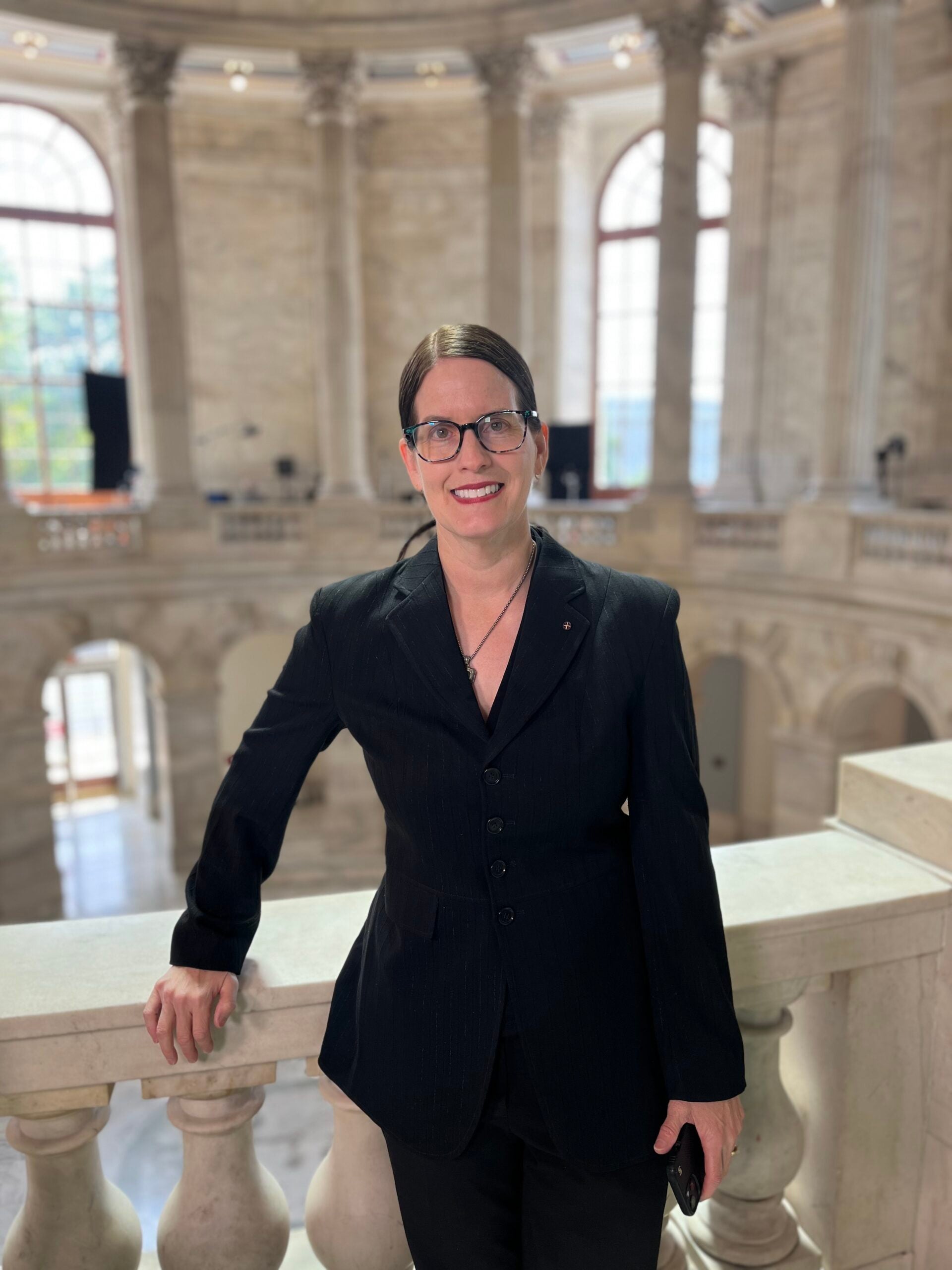Artificial Intelligence (AI) Ethics
AI is a potentially transformative technology. The use of AI carries immense potential to improve people’s lives, but also threatens to undermine justice and democracy in our society. AI systems can exhibit bias against marginalized groups, entrench and expand existing oppressive hierarchies, threaten the livelihoods and power of workers, and undermine our understanding of the social and technical systems that structure our society. CDE’s AI ethics research, such as that led by Will Fleisher, Laura DeNardis, and Amanda Levendowski, is focused on understanding the opportunities and risks of this technology, in order to understand what it would take to employ these systems justly and legitimately in a democratic society.
Will Fleisher
Ethics and Epistemology of AI, Algorithmic Fairness, Explainable AI
Fleisher, Will (2022). Understanding, Idealization, and Explainable AI. Episteme 19 (4):534-560.
Fleisher, Will (2023). Intellectual courage and inquisitive reasons. Philosophical Studies 180 (4):1343-1371.
Fleisher quoted on AI in The Windsor Star on May 2, 2023
Get to know Prof. Fleisher


